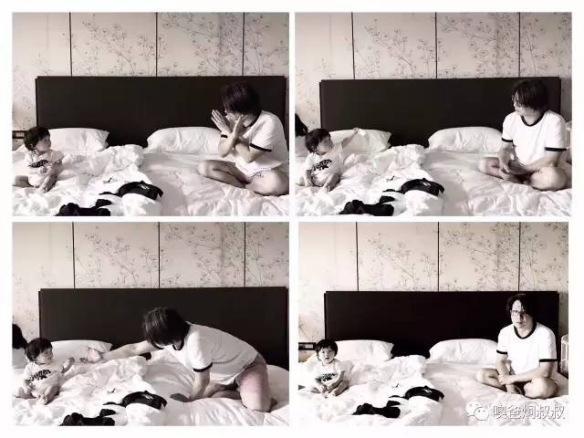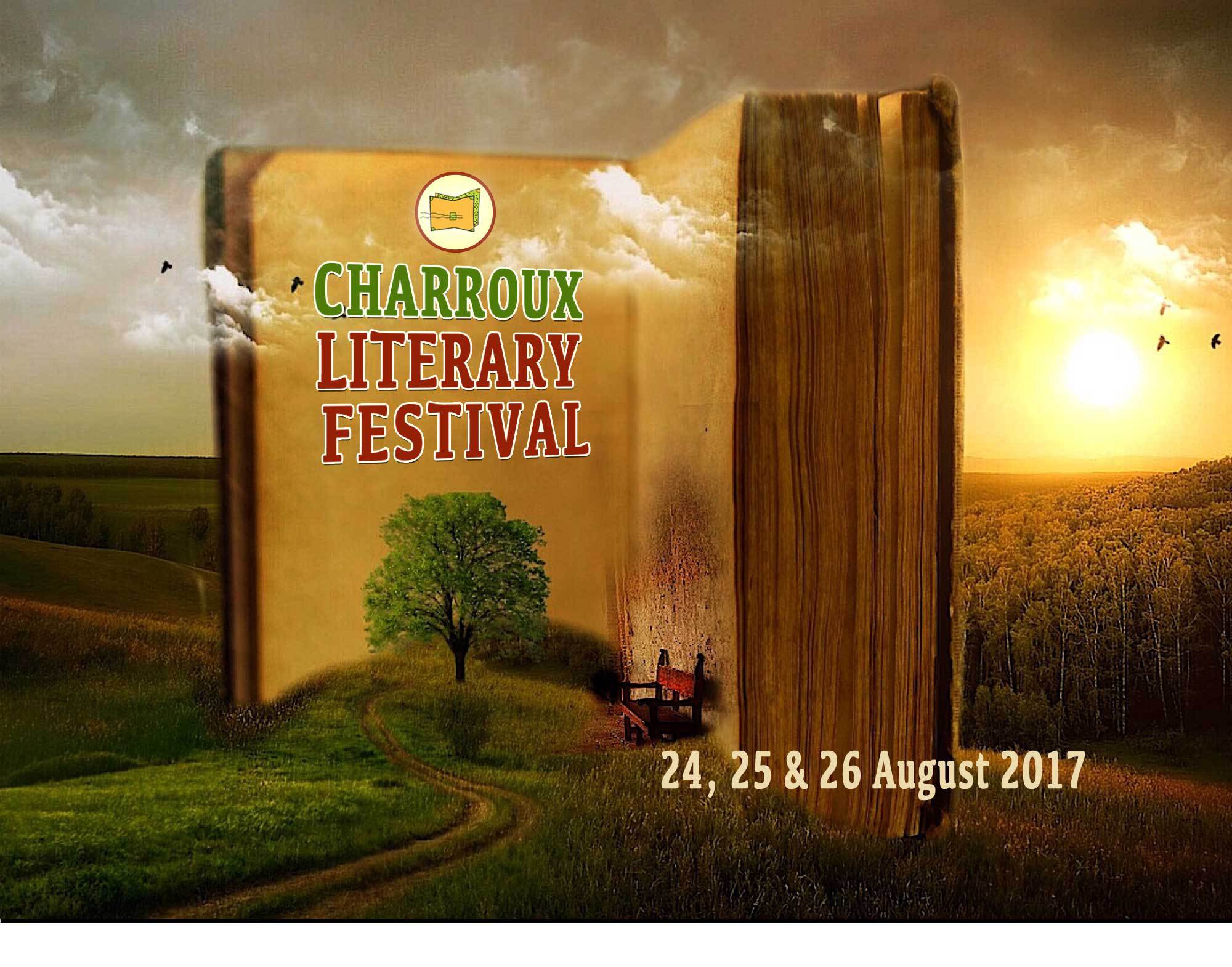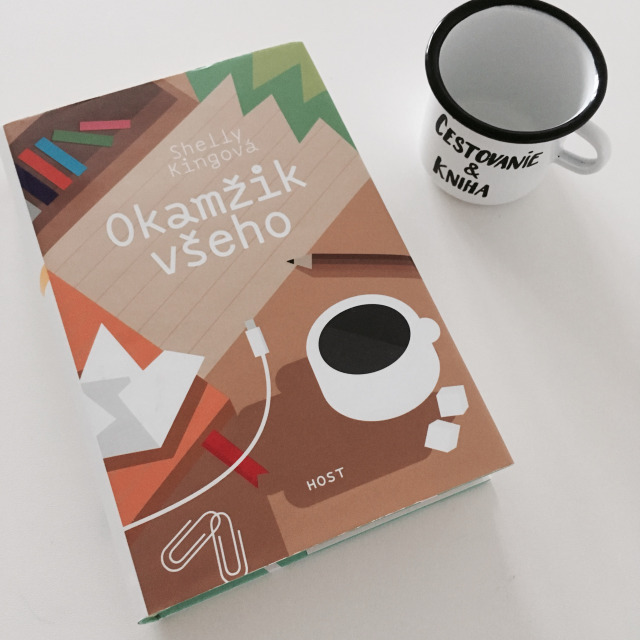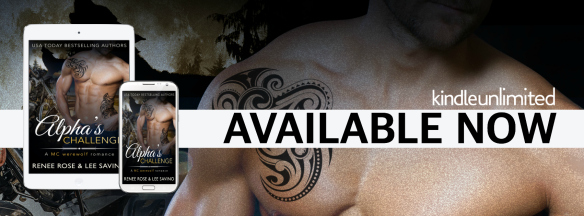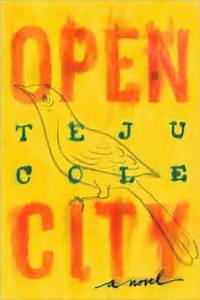We’re thrilled to share our next #LoveOzYA interview with you, this time with Michael Pryor, another amazingly talented author who contributed to the #LoveOzYA Anthology! His story was really intriguing and thought-provoking, and it was great to learn more about Michael in this interview.
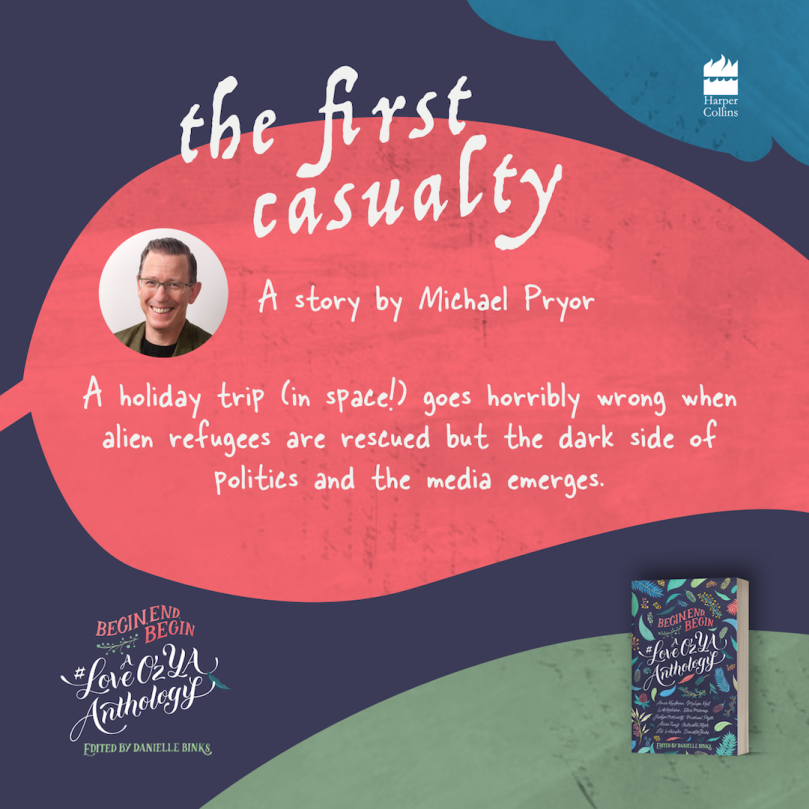
Why is #LoveOZYA important to you? What’s the first Aussie YA novel you ever read?
#LoveOZYA is important for many reasons, one of which is because today’s YA readers are tomorrows adult readers and the more adult readers we have the better society will be.
First Aussie YA novel? Ivan Southall’s ‘To the Wild Sky’.
What’s one #LoveOzYA book you would recommend to all readers?
Sabriel, Garth Nix.
How did you feel when you were asked to write a story for Begin, End, Begin, and had you written many short stories before?
I’ve had more than fifty short stories published. I love the form, with all its demands. I was excited to be asked to contribute to Begin, End, Begin as a chance to be part of a landmark and extremely timely collection.
What inspired you to write the story that you did? Did you ever consider that idea for a full-length novel?
This story started with a feeling – righteous anger. The cause of the anger? Our refugee policy. I wanted to highlight our inhumane treatment of those seeking our help, and I chose to do it in a Science Fiction context. I wanted to avoid preaching, or hectoring, though, so relationships and adventure are to the fore. This one isn’t really right for a full length novel, as it’s a compressed, single incident story. But, as for most SF, the world that is the background is ripe for more stories, even a full length work.
What inspired you to be a writer? Was there a specific moment in your life when you realised that writing was something you wanted to do with your life?
I always wanted to be a writer, but kept putting it off as life was so busy … One day, though, I had a good hard look at myself and realised that I might be fooling myself. If I kept putting it off, you see, I’d never fail as a writer. This is a very seductive idea, but it’s not helpful, so that day I sat down and started mapping out a story that I realised had been marinating in my brain for ages. And I failed. But the next story I tried, I sold to a magazine and the journey began.
Had you met all of the other contributing authors before being asked to write a short story for Begin, End, Begin? Who’s story were you most surprised by?
Shock revelation time – I haven’t read any of the other stories in Begin, End, Begin. I can’t, because when I’m deep in the middle of writing a novel, I deliberately avoid reading the same sort of thing. In this case, YA. I’ve nearly finished my latest book, though, so guess what’s top of my TBR pile?
How different is the story you wrote to your existing work? Do you normally write in the same genre, or were you trying something new?
My story is squarely in my SF area, but what’s new is the overtly political nature of the story. We need young people to be politically aware, and if outraging them through a Science Fiction story helps motivate them to get involved in an area of public life that affects them – and everyone – then that’s a good thing.
What was the first book you ever saw yourself in? What parts of yourself do you see in the story you wrote?
Colin Thiele’s Sun on the Stubble.
In my story, I like to think that I get as upset about injustice and inhumanity as the main character, Damien, but I hope I’m a little better informed than he is.
What does your writing schedule look like? Do you like to write in a specific place, or at a specific time?
I’m in my writing space five days a week. Usually it’s writing, but often it’s researching or planning or editing or any one of the thousands of activities that go into being a full-time writer. I try to work office hours, too – nine to five – but I can be flexible with that.
Before I went full time, like most people I was a part time writer, try to write a thousand words each night, and on the weekends. I wrote twenty-one novels that way.
What advice do you have for aspiring writers? Do you feel as though there’s a big difference between writing short stories and writing novels?
There are many differences between writing short stories and writing novels, but one of the most important is the sheer, physical effort it takes to write a novel. It takes a long time, sitting there at the desk or computer, and that can’t be overlooked.
My advice for aspiring writers? Read a lot and write a lot. Finish something, and finish it properly by going through a full revision and editing process. After that, move on to your next piece. Too many aspiring writers have lots of unfinished pieces weighing them down. Finish something!
What books have you already published? Are you working on something right now?
Thirty-seven books, with my thirty-eighth (‘Gap Year in Ghost Town’) coming out in August from Allen & Unwin. Currently, I’m working on another comedy/adventure/urban fantasy novel that I can’t tell you too much about …
If you could write a book with one author of your choice, who would that author be and why?
Tom Taylor. Because I taught him English when he was in Year 8 and now we can turn things around and he can teach me how to write for comic books.
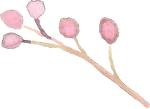
Thank you for chatting with us, Michael! We’re so excited that Michael will be joining us tomorrow at our Book Meet! If you don’t have your ticket yet, it’s not too late! Grab yours here to join in the fun.
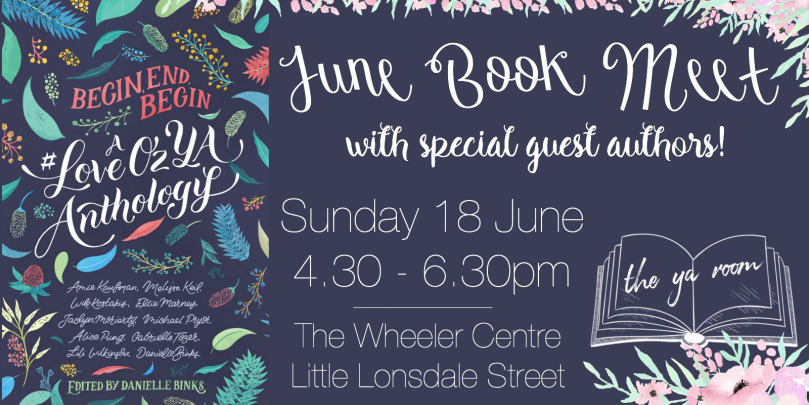
‘Slice’ image sourced from Gin and Co.
Advertisements Share this: